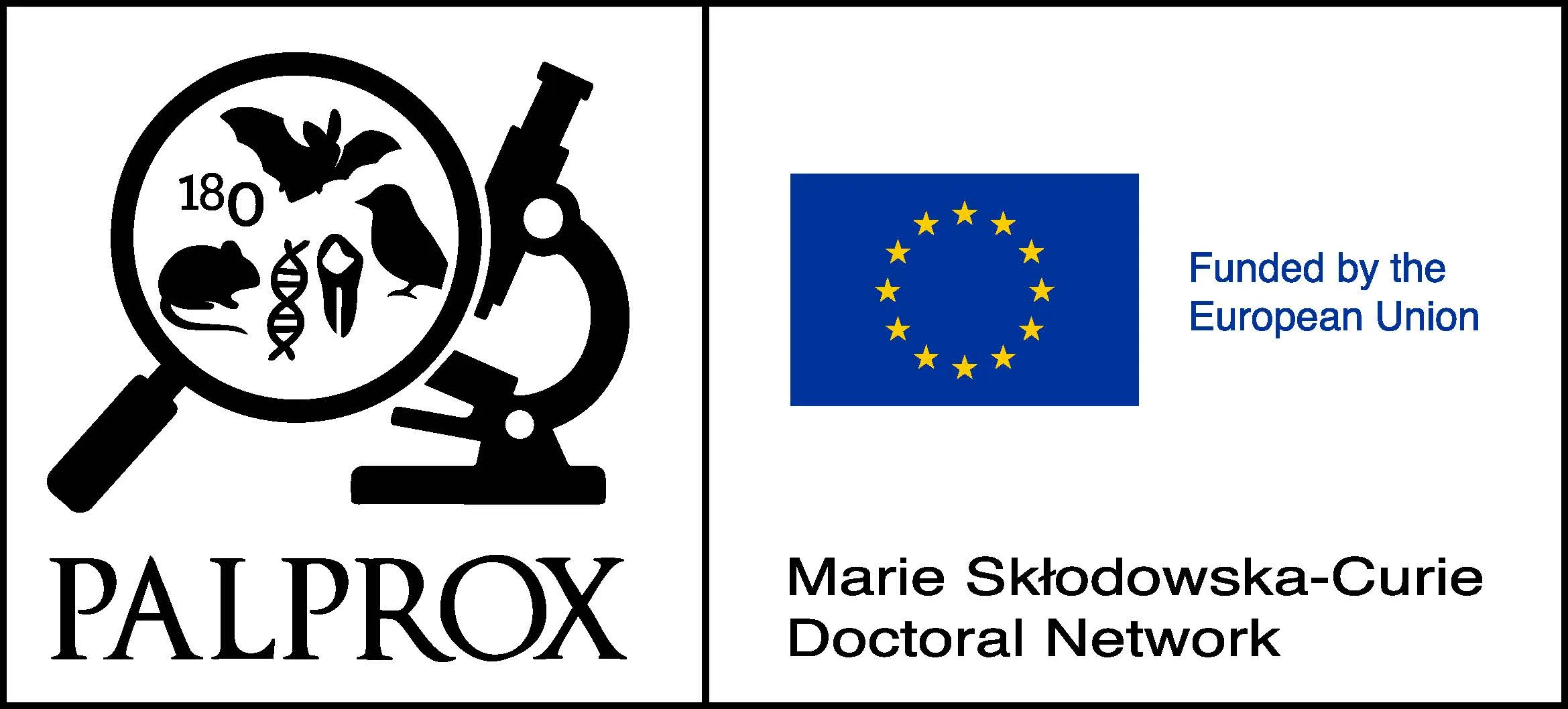Research Projects
PALPROX will address the three main core queries of its main objectives coming across the specificResearch Questions of nine Individual Research Projects (IRP)
The diversity of the European Pleistocene Corvidae species: evolutionary trends and paleobiogeographic implications using GIS tools
Supervisors: Dr Carmen Nuñez-Lahuerta, Dr Ana Fagoaga and Dr Juan Manuel López-García
Host Institution: IPHES-CERCA (Spain)
Phd enrolment: Universitat Rovira i Virgili (Spain)
Objectives:
- The osteological description of the different Corvidae species and the assessment of their phylogenetic status.
- To analyse the spatial distribution of the Corvidae species recovered in the fossil record through GIS tools.
- To quantify the degree of fragmentation of current populations of the species identified in the fossil record, to model the distribution of those species strongly perturbed, and to include them in paleoclimate reconstruction methods through GIS.
Expected results:
- To apply new methodologies to classic collections and to obtain new osteological data. This will allow the correct identification of the Corvidae species and the assessment of the real Pleistocene diversity.
- Modelled distribution for the species and precise knowledge of the biogeographic history of the species and their response to climate changes.
- To understand the mechanisms and speed of adaptation to landscape and climatic changes of the Corvidae family, widespread birds with high-adaptative capacities.
Planned secondment(s):
The University of Warsaw, Faculty of Archaeology has a substantial focus on past climate and biogeographic studies that will enrich the spatial analysis of Corvidae, providing complementary research tools to the DC. Dr. Berto will act as co-supervisor during a secondment spanning from 2 to 6 months. The secondment period will begin after the third month of the second year of the DC contract. The dates will be subject to changes based on the progress of the IRP.
